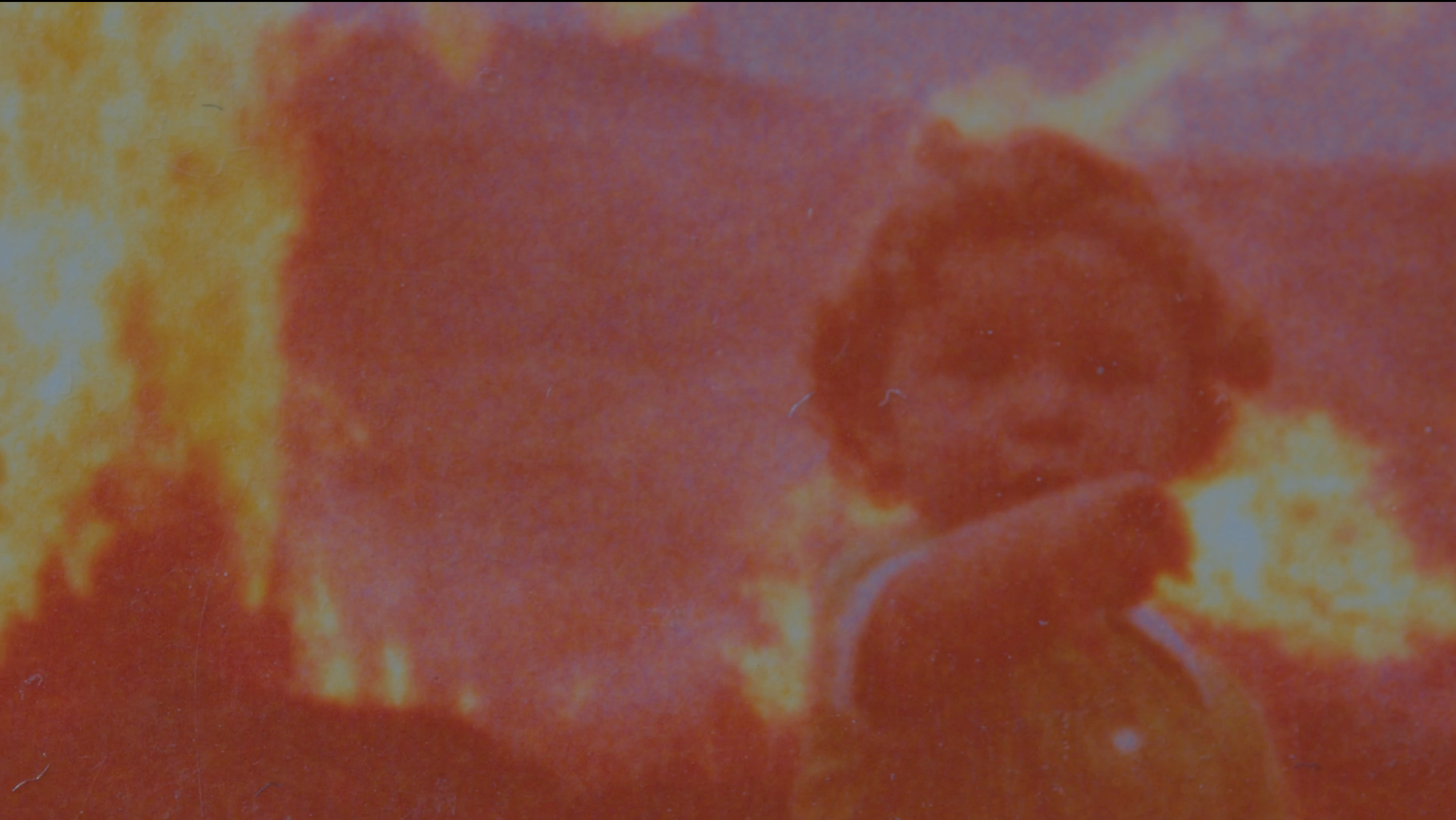A few minutes into Johannes Grenzfurthner’s “Solvent,” we are privy to a dilapidated Austrian farmhouse belonging to one Wolfgang Zinggl, who disappeared at the age of 94 under mysterious circumstances. This mission to overturn the abandoned house for clues is presented as a faux-documentary shot by combat veteran Gunner S. Holbrook (Jon Gries, of “Lost” and “White Lotus” fame), who specializes in “tracking hidden and potentially fragile goods.”
However, the unblemished truth about Zinggl’s life is laid bare as Holbrook and his team comb through the mountains of old furniture, documents, memorabilia, and knick-knacks sprawled throughout the crumbling, lived-in space. As Zinggl’s grandson, Ernst Bartholdi (Grenzfurthner), and Polish academic historian, Krystyna (Aleksandra Cwen) explain, the old man used to be a high-ranking Nazi who was stationed at the Chełmno extermination camp, and actively helped engineer the horrors that unfolded there. Something about the farmhouse, framed as a disintegrating edifice that solidifies the horrific nature of Zinggl’s past, somehow feels all too real. That is because it is.
Grenzfurthner is no stranger to confronting horrors — both real and imagined — head-on, and his “Solvent” is a sort of spiritual successor to “Masking Threshold” and “Razzennest,” forming an unforgettable trifecta. The Zinggl house is not an elaborately crafted setpiece, but a real space belonging to the director’s grandfather, Otto Zucker, whose real-life archival footage represents the missing Zinggl. “Yeah, it is authentic. Not with a million dollars you could build something like this. It would not look like that,” Grenzfurthner stated in an interview. And he is absolutely right, as a staged version of the Zinggl house could never capture the haunting authenticity of these shots, allowing the fabricated, dramatized embellishments to take a life of their own.
The chaotic, frenetic Holbrook POV becomes even more frantic as the narrative progresses, the turning point being the discovery of a pipe jutting out of the basement floor, which becomes the source of all horrors. This concept feels bonkers even on paper, and perhaps, in the hands of a lesser filmmaker, the absurd, surreal nature of the situation would have veered into silliness devoid of gravitas.

However, Grenzfurthner knows how to leverage such an object as a receptacle of past horrors that bleed into the present, holding a bottomless pit of water — the most rudimentary and universal solvent — that is now a wellspring of death, destruction, and decay. Before the group can make sense of this, a terrible tragedy occurs, propelling Holbrook on a one-way journey that forces him to reckon with the evil embedded into the fabric of human existence.
Everything I’ve written so far might pin “Solvent” as a somber, didactic film. It is anything but. Humor trickles down the crevices of this astoundingly layered work to grant us relief and discomfort, the tint of the darkly funny bits changing ever so quickly. That does not mean that Grenzfurthner skirts around the core subject matter, as he is refreshingly honest and upfront, presenting present attitudes about World War II and the people involved in it, with a scathing edge.
Things get more complicated with Holbrook’s own moral abyss staring back at him while he attempts to deal with Zinggl, who is now a part of him, thanks to the solvent that ends up consuming him in the end. “There’s no bottom. No bottom to what people do to one another,” Holbrook quips, as we experience the shifting faces of the murky, contaminated solvent, which feels unquestionably dirtier than any sludge or grime coating the phallic pipe that becomes the vessel for evil atrocities.
The body horror aspect of the experience is jarring too, wherein pus and sludge pour out of every crevice imaginable, and interior organs twist and mutate when acutely aware of their last breath. Disgust and awe are evoked without resorting to the standard blood, guts, and gore, — a commendable feat — while isolated body parts flicker onscreen to convey something deeply insidious. Every performance lands, no matter how visceral or outlandish the intent, and the faceless Holbrook, whom Gries actualizes with voice and physicality alone, is the consistent standout.
The brilliance of “Solvent” rests on how deeply uncomfortable yet essential it is as a cinematic experience, daring to dive deeper into the turgid waters of wretched, poisonous ideology. This fictional exploration of Austria’s Nazi past cannot be extricated from an examination of real-world historical legacy and repercussions that are felt to this day, and “Solvent” deftly intertwines reality and fiction to whip up a tale of horror that both provokes and haunts.



![Thor: Love and Thunder [2022] Review: A Fun, Eventful, Tonally Inconsistent Ride](https://79468c92.delivery.rocketcdn.me/wp-content/uploads/2022/07/FTiBi1MVIAAE5WE-1-768x424.webp)

![Still Out of My League [2021] Review: A well-intentioned, yet mediocre Rom-com](https://79468c92.delivery.rocketcdn.me/wp-content/uploads/2021/12/Still-Out-of-My-League-2021-768x432.jpg)


![October [2018]: Love In The Time Of Malady](https://79468c92.delivery.rocketcdn.me/wp-content/uploads/2018/04/october-movie-high-on-films-768x496.png)